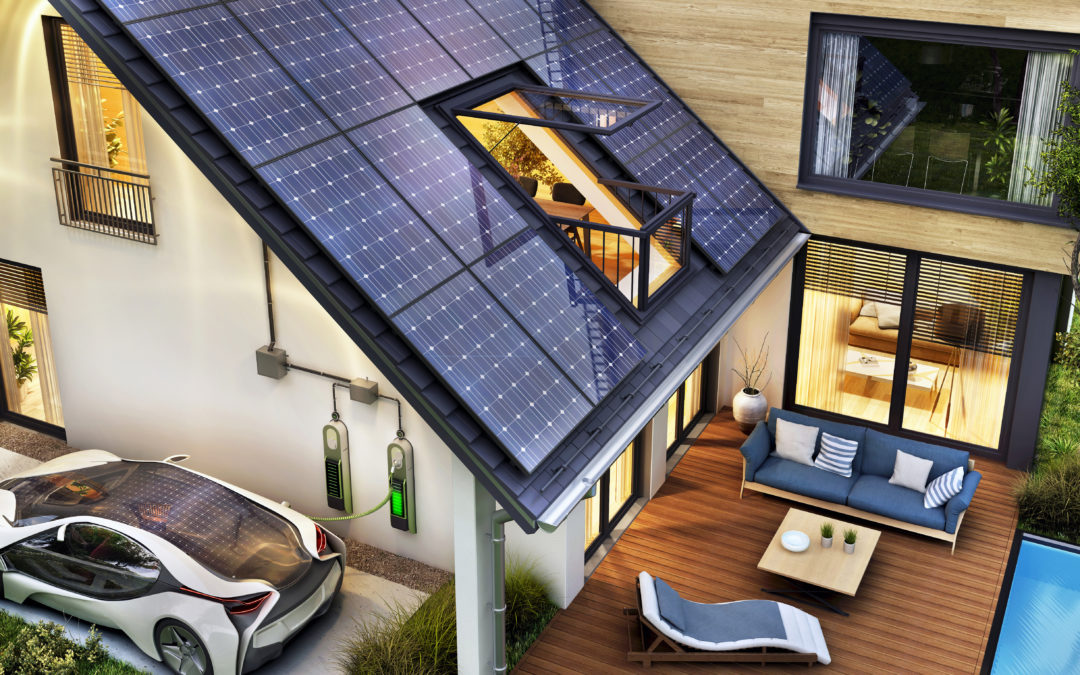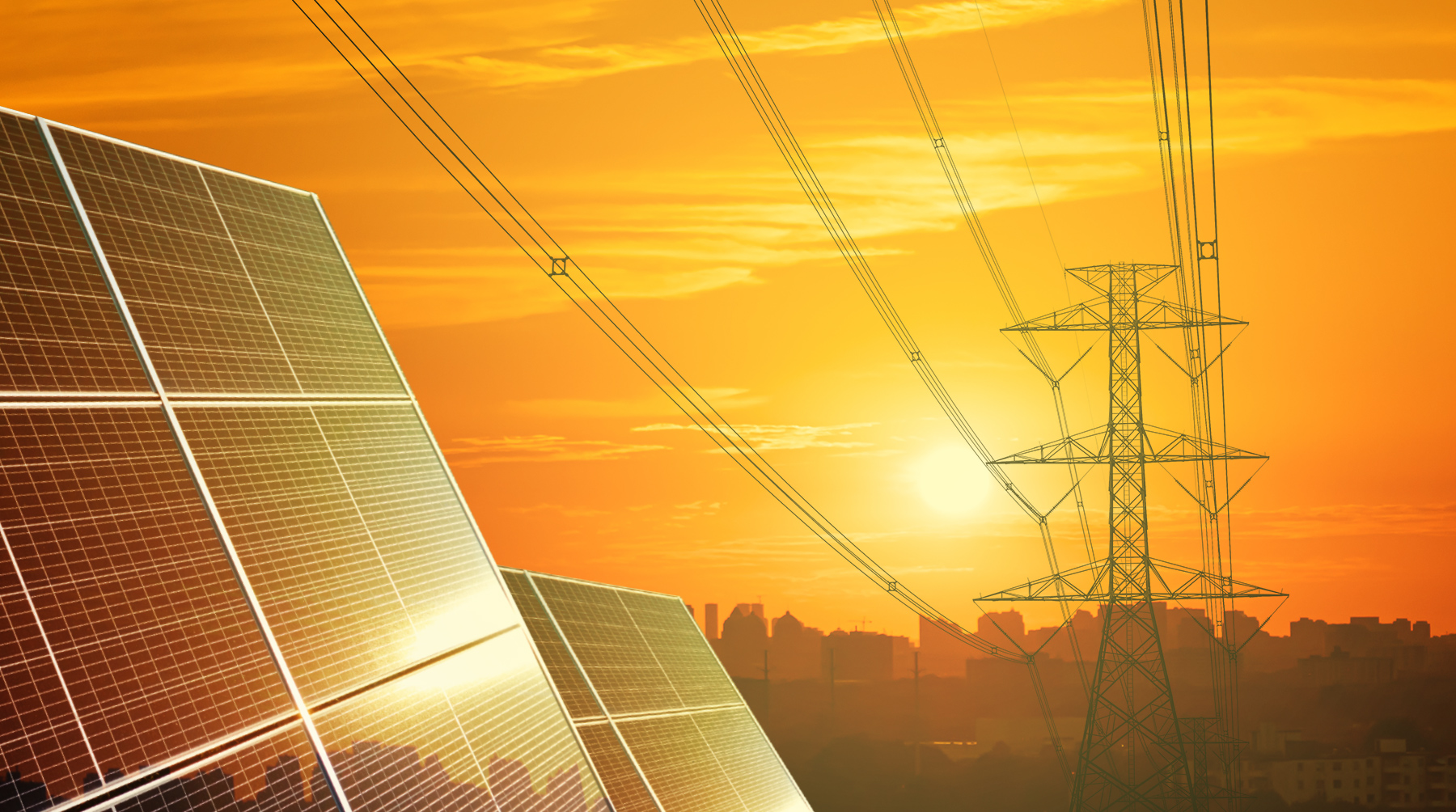By Ben Hutt, CEO & Managing Director at Evergen.
COVID-19 is an existential threat which has reminded us of how humans behave when a threat is imminent and significant. My great hope for life after this pandemic is that we confront the threat of climate change with the same veracity, and I can see some early signs of that coming to fruition.
The COVID-19 crisis has confronted humanity with a basic truth: we are not invincible. Medicine hasn’t come to our rescue yet in the form of a vaccine, as we rely on practices as ancient as those used during the plague in the 1300s for our survival. For the generation living through this, it is a stark reminder that our behaviours do matter for the greater community.
It’s also a reminder that individual behaviours can culminate and compound to impact the health of the global population. In my view, there’s every chance that power to take greater control and make more conscious choices will be here to stay.
Consumers taking the wheel
Right now, it’s simply too early to tell exactly how consumers will behave when the pandemic passes, or more aptly, when we learn how to live with COVID-19. However, there are some clues in consumer behaviour and debates worldwide which might be a precursor to how attitudes to energy are shifting.
For one, panic buying, even in countries where supplies were not threatened, has swept the world throughout the COVID-19 crisis, like it did during pandemics past1. This reminds us that humans, when threatened, are quick to be territorial and defensive. As National Geographic puts it: “From prehistoric predator encounters to frantic toilet paper runs, our anxious brains can short-circuit when faced with the scary unknown.2
This poses the question around how communities and households are looking to be more self-sufficient and well prepared. As an essential service, the impact of energy production on our environment and the costs, especially as entire workforces have had to rely on the infrastructure in their own homes is taking stage. In spite of the severe economic stresses which are currently disrupting the growth of industries, renewables included, we are seeing consumers taking action.
Further, there is an economic case for it. As pointed out by economist Ross Garnaut in a recent address3, the “pure economics” of a recession call for an investment in industries and infrastructure of the future. He was speaking to the opportunity in Australia for new prosperity in renewable energy sources, but a similar prism can apply globally.
It’s clear from the reactions to this crisis that people and their governments are concerned about the necessities that keep them functioning day to day. Energy is no exception.
Note: AMP Capital Holdings Limited owns the majority of shares in Evergen Pty Ltd, alongside CSIRO and other investors.
1 https://www.discovermagazine.com/health/why-coronavirus-is-turning-people-into-hoarders-a-q-and-a-onthe-psychology
2 https://www.nationalgeographic.com/history/reference/modern-history/why-we-evolved-to-feel-panic-anxiety/
3 https://www.brisbanetimes.com.au/politics/queensland/cure-for-coronavirus-hit-economy-could-be-in-renewables-garnaut-20200311-p5494c.html



